Sozialpolitikexpert:in über Wahlen in der Türkei: “Die Gesellschaft ist stark polarisiert”
In der Türkei findet die zweite Runde der Präsidentschaftswahlen statt. Ein:e Spezialist:in für Sozialpolitik analysiert den Wahlprozoess.
In the first round of the presidential elections in Türkiye, Erdoğan (and his AKP for the parliamentary elections) got more votes than many hoped before the election. How do you explain this?
Erdoğan received more votes than many had hoped for in the election. This outcome can be explained by various factors. Firstly, as the incumbent president, Erdoğan enjoyed the advantages that come with holding office, such as name recognition, a well-established political infrastructure, and access to state resources. These factors typically work in favour of the incumbent, helping them maintain popularity and support. Furthermore, Erdoğan has maintained a solid and loyal support base throughout his tenure as prime minister and president. His party, the AKP, has a solid grassroots network, and Erdoğan’s charismatic leadership style has resonated with a significant portion of the Turkish population, particularly conservative and nationalist voters. Additionally, Erdoğan and his party have a history of running effective campaigns, utilizing extensive rallies, media presence, and targeted messaging. Their campaign strategies have often emphasized stability, economic growth, and national security. While Kılıçdaroğlu made efforts to consolidate support from diverse segments of the electorate, the presence of multiple opposition parties and candidates may have diluted the anti-Erdoğan vote. Lastly, Turkish society has become highly polarized in recent years, with deep divisions along political, ideological, and cultural lines. This polarization has solidified support for Erdoğan among his base.
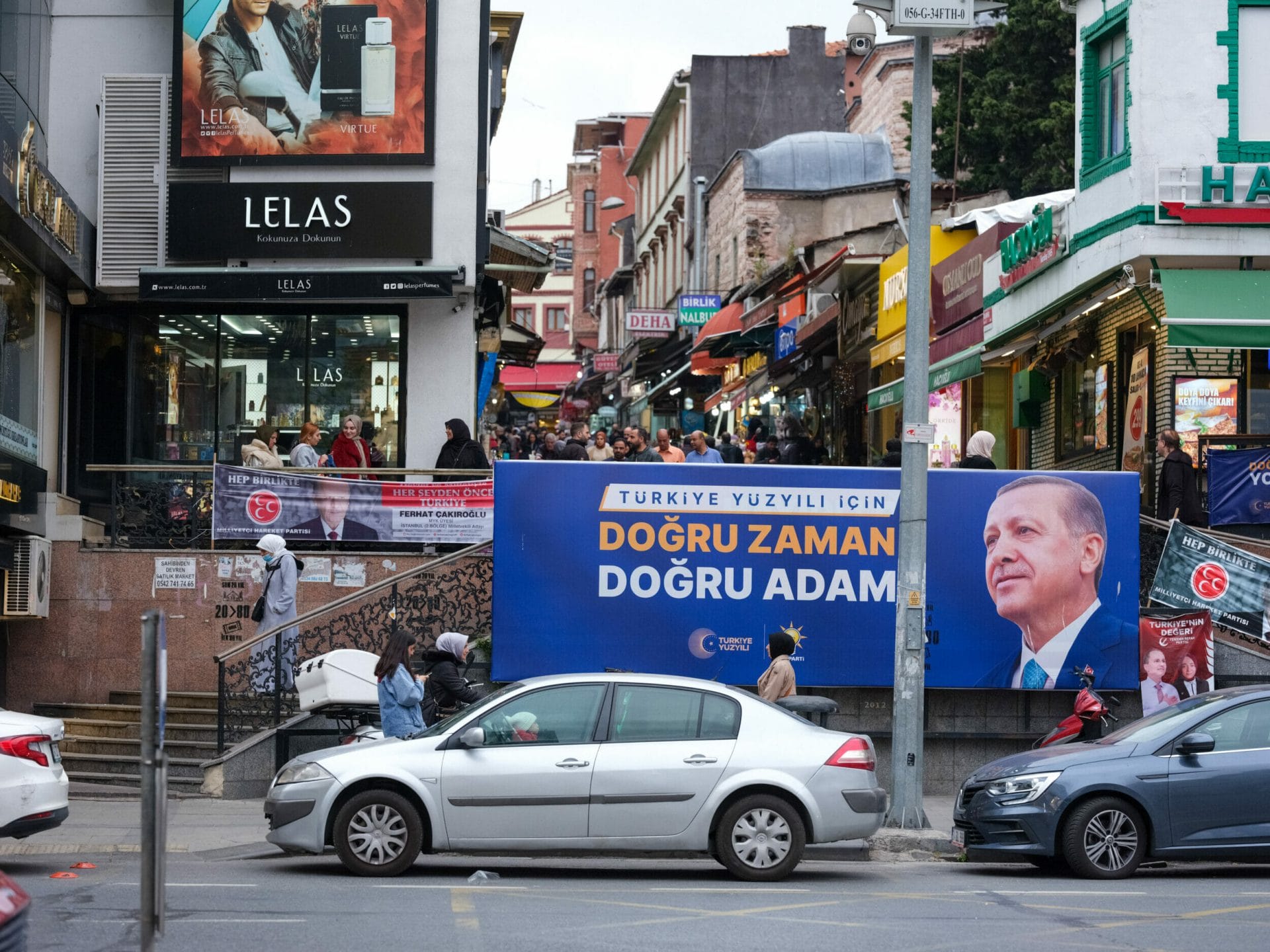
How do you see the fact that Kılıçdaroğlu uses speaking up against a vulnerable group (refugees from Afghanistan but mainly Syria) as big part of his electoral campaign, also again for the second election round? How does this reflect the society he is campaigning for?
Kılıçdaroğlu’s focus on speaking up against refugees, particularly those from Syria and Afghanistan, as a significant part of his electoral campaign indicates an attempt to appeal to segments of society that hold anti-immigrant sentiments or have concerns about the impact of refugees on the country. However, it is crucial to consider the broader social context within which this campaign strategy is employed. Türkiye has been hosting a large number of refugees, particularly from Syria, for many years. This influx of refugees has placed a strain on resources, infrastructure, and public services in certain areas, leading to various challenges and grievances among segments of the population. Kılıçdaroğlu’s focus on this issue may be a populist attempt to address those concerns and capitalize on discontent among some voters. It is worth noting that Türkiye is a diverse society with differing opinions on immigration and refugees. While some individuals may support Kılıçdaroğlu’s stance on the issue, others may view it as politically opportunistic or even an attempt to exploit xenophobic sentiments. It is essential to acknowledge the complexities and legal constraints surrounding the issue of deportation, as Türkiye is bound by international commitments as a signatory to various conventions related to refugees. Kılıçdaroğlu is likely aware of these limitations but utilizes the popular claim of deportation to mobilize support and garner votes against Erdoğan. I think the immigration problem is presented in the media as a populist claim as if it has more legitimacy than it actually does in society, otherwise, Erdoğan would not be able to get almost 50% of the votes as he is responsible for the recent influx. On the other hand, considering the increasing poverty over the last few years, the pandemic and the recent earthquakes, it makes sense that Turkish society would incline towards nationalism in terms of refugees. This includes many voters irrespective of their political position.
Anonymous interview
Especially for interviews we prefer do add information about the person giving the statements. In this case, we respect the wish to remain anonymously. All we can say: It’s a social policy specialist from Istanbul with several years of experience as a researcher. They fears repressions from the government by giving an analysis of the presidential elections.
If Kılıçdaroğlu were to win the election, there is a potential for improvement towards social injustice in Türkiye. His party, CHP, has been critical of Erdoğan’s government and has advocated for democratic reforms and social justice. If Kılıçdaroğlu were to become president and his party were to form a government, it could lead to policy shifts in areas such as human rights, freedom of expression, and the rule of law. Specific groups that could benefit from a change in government include women, the LGBTQ+ community, ethnic and religious minorities, workers and labour unions, and civil society organizations. These potential improvements are based on Kılıçdaroğlu’s stated positions and the general expectations surrounding his leadership. However, the realization of these changes would depend on the political dynamics, broader societal support, and the ability to navigate potential obstacles and challenges. I do believe that Kılıçdaroğlu alone cannot achieve this. It will be a matter of who (e.g. Imamoglu, Aksener, Kaftancioglu, Yavas etc) is going to step up after the Opposition wins the elections and continue to consolidate the constituency against Erdoğan.
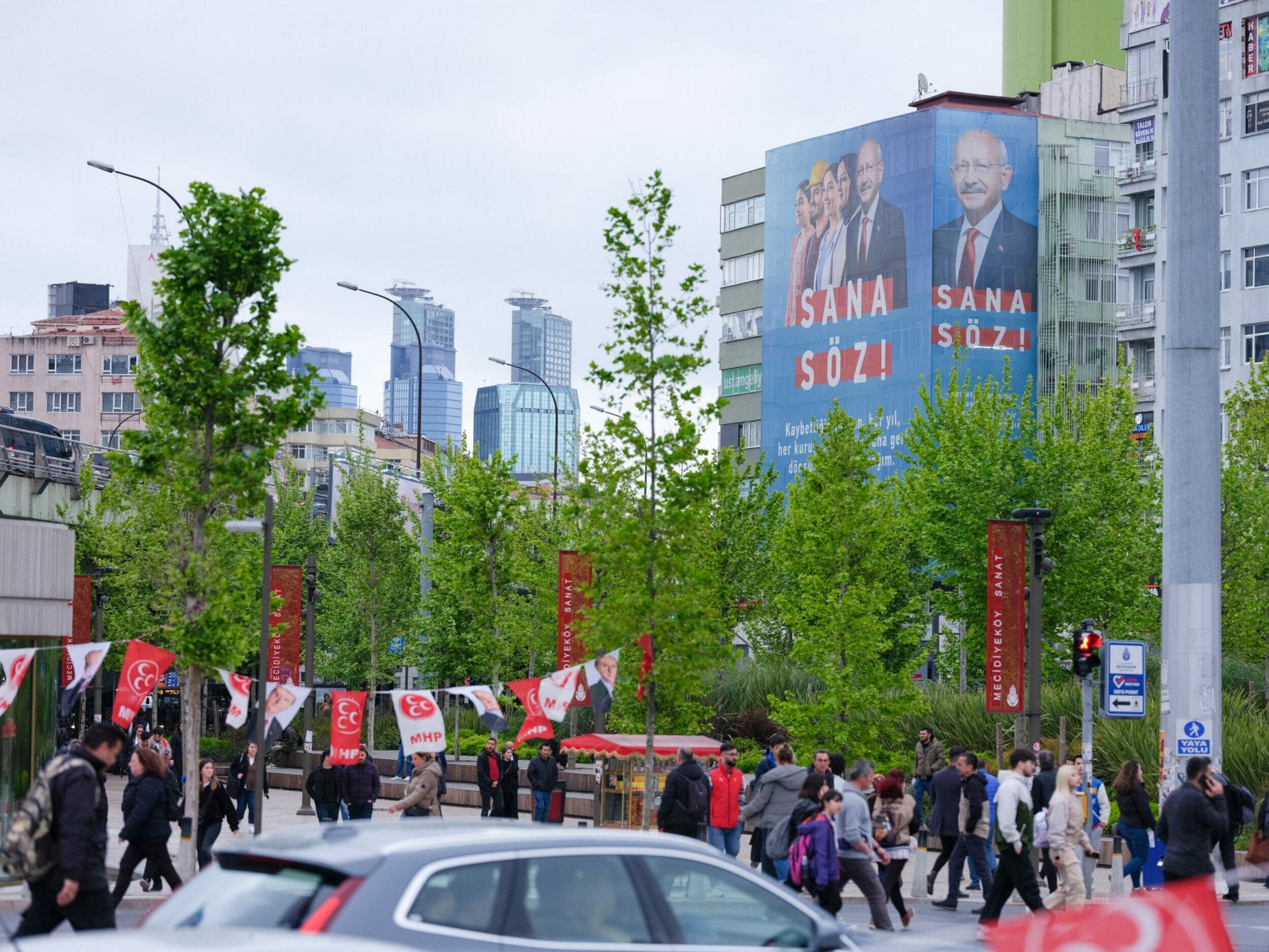
Since I started observing these topics, there have been significant changes in Türkiye’s situation. During the early years of AKP rule, there were reforms and improvements in various areas, including the economy, infrastructure, and social welfare programs. However, as time passed, there has been a concerning erosion of democratic institutions, restrictions on freedom of expression and the media, and the concentration of power in the hands of the government. The AKP government has increasingly suppressed dissent, leading to limitations on freedom of expression, imprisonment of journalists and activists, and the closure of critical media outlets. Discrimination and unequal treatment of ethnic and religious minorities, such as Kurds and Alevis, have persisted. The Kurdish conflict has resulted in human rights abuses, including forced displacement and allegations of extrajudicial killings. Poverty, social exclusion, and income inequality continue to be pressing issues. Türkiye as faced challenges in combating poverty, with inadequate measures in place to address the needs of vulnerable populations. Additionally, there have been concerns about the disregard for the rule of law, including the failure to implement European Court of Human Rights (ECtHR) judgments. These changes and challenges have unfolded over the course of several years. This is a very succinct response but International Organizations’ coverage and data show it all.
Some of our interview partners said they don’t like the Erdoğan regime but are scared of a change. How big was the issue of such a routine for these elections?
The fear of change and the preference for the status quo was significant issue for many individuals during these elections. Some people expressed dislike for the Erdoğan regime but were apprehensive about the potential consequences of a change in leadership. This sentiment may be attributed to a range of factors, including concerns about stability, uncertainty about the future, and the fear of potential disruptions or adverse outcomes that could accompany a transition of power. I do believe these fears and hesitations may have influenced the voting behaviour of some individuals, contributing to Erdoğan’s strong support in the elections but I wouldn’t speculate about how big is this group without analysing the voter survey results.
Vorgeschlagene Beiträge
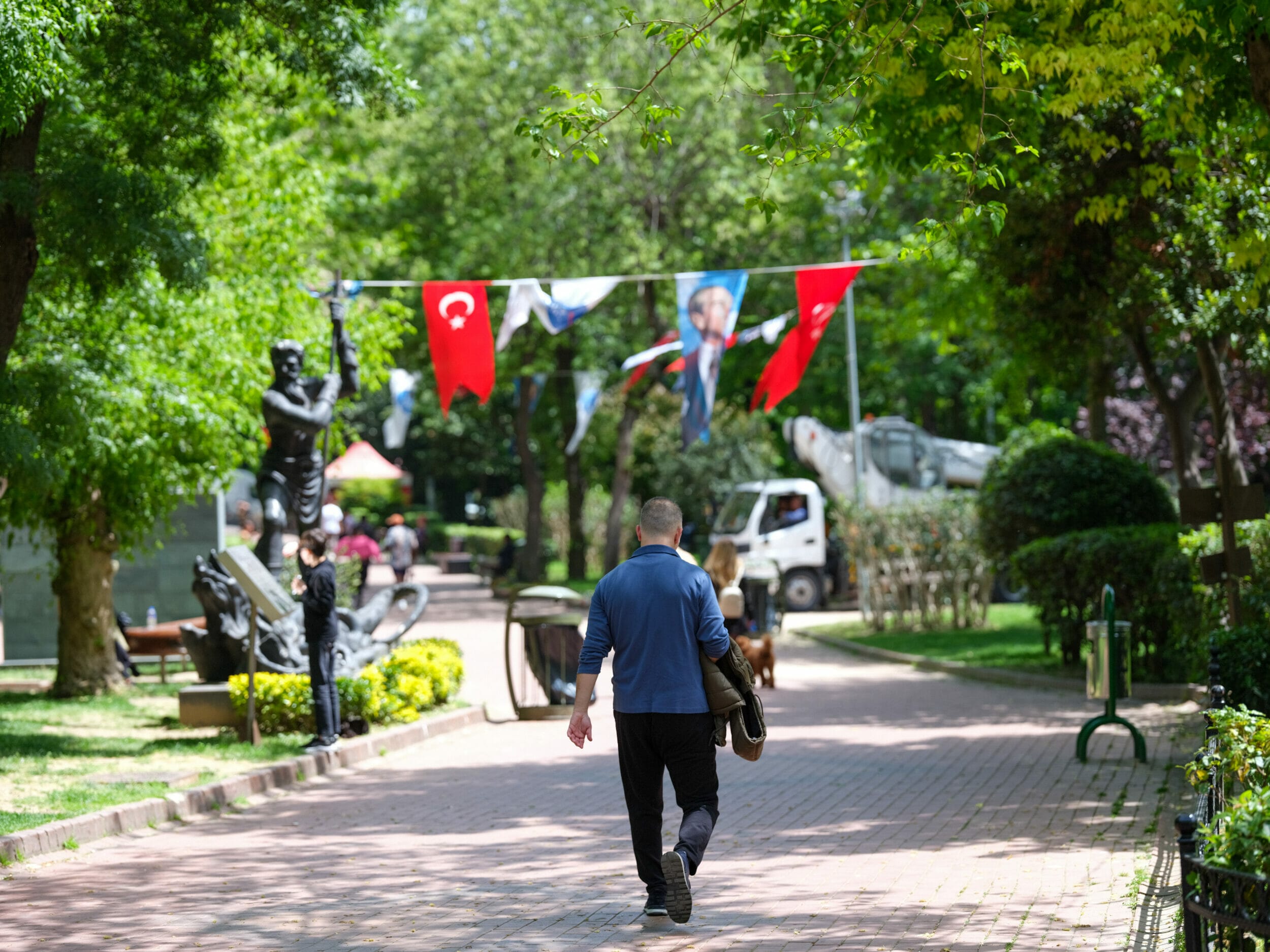
Viel Frust, wenig Hoffnung: Istanbul zwischen den beiden Wahlgängen
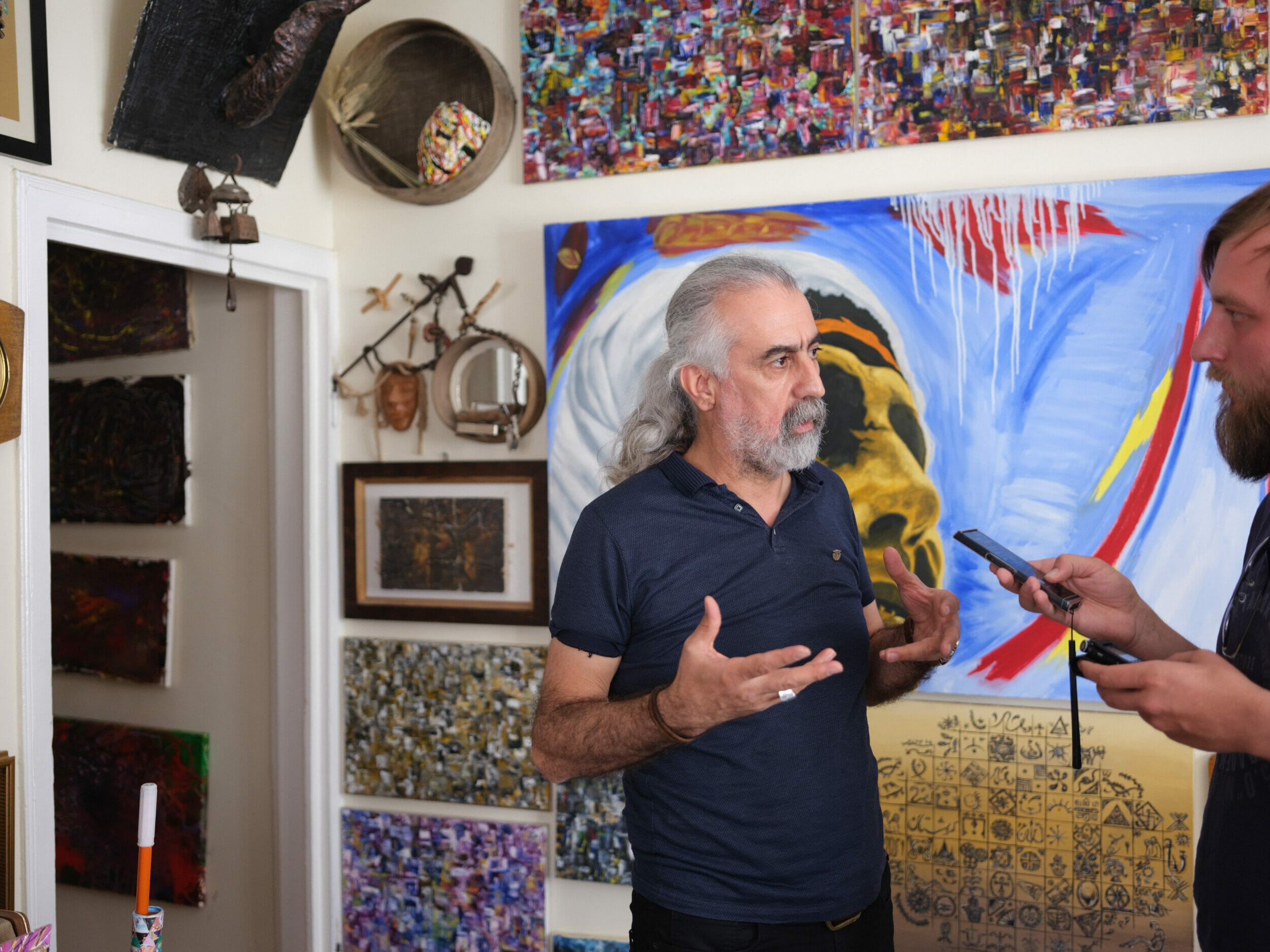
Künstler Gökhan Aslan lässt kurdische Traditionen modern aufleben
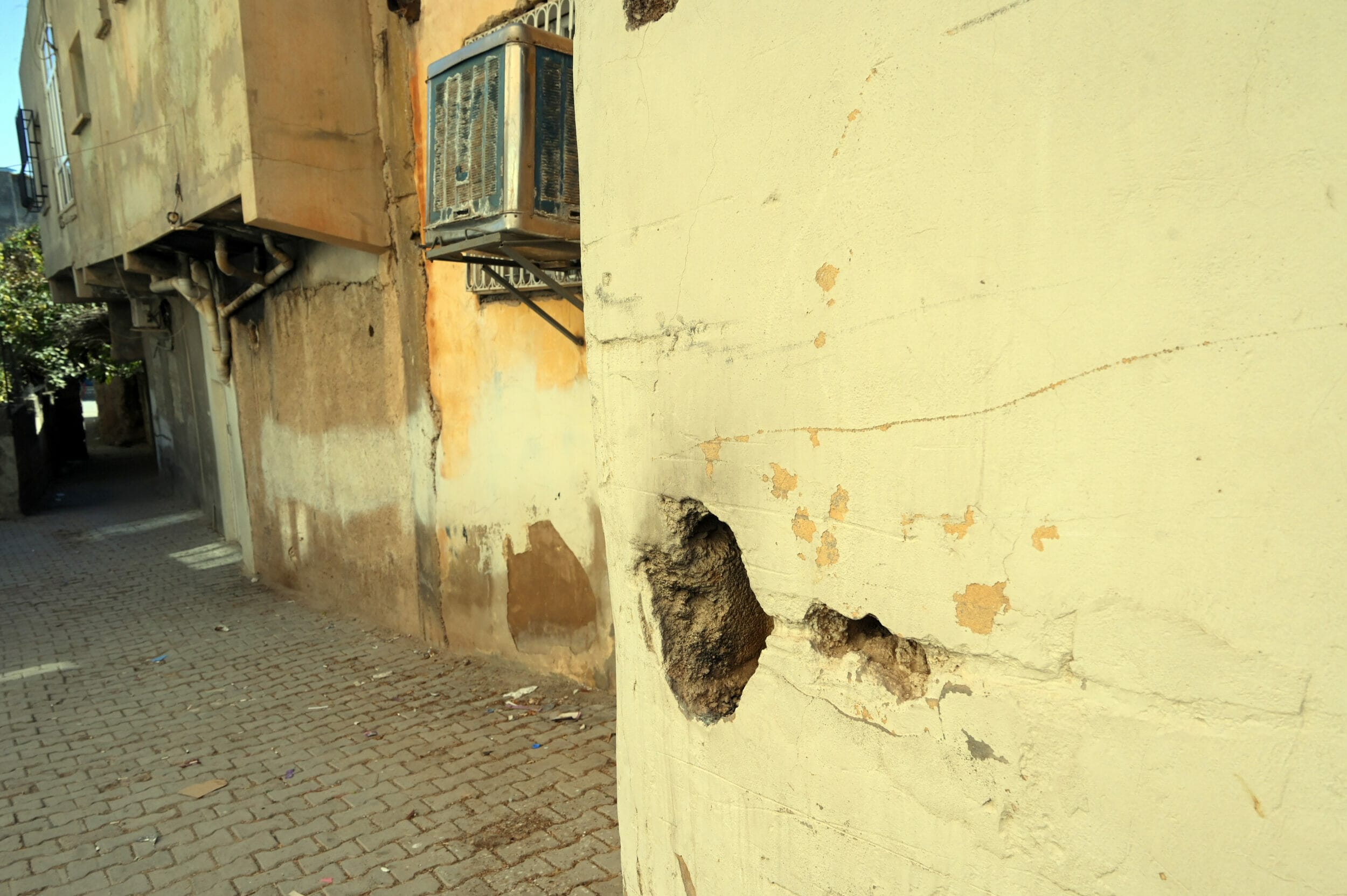



Schreibe einen Kommentar
Du musst angemeldet sein, um einen Kommentar abzugeben.